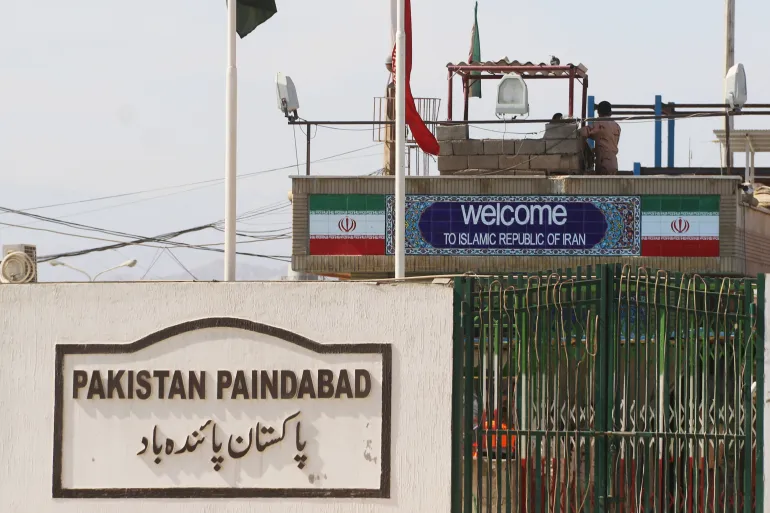Iran’s recent air attacks on Pakistani territory have raised concerns about the potential for a broader regional conflict, just weeks before Pakistan’s national elections. The bombings, which targeted the armed group Jaish al-Adl, resulted in casualties and have prompted a strong response from the Pakistani government. Analysts suggest that Pakistan may choose to strengthen ties with Iran’s rivals instead of launching a counterattack.
The attacks occurred at a time when Pakistani and Iranian officials have been engaging in increased interactions, both at civilian and military levels. These interactions include meetings between Pakistani caretaker Prime Minister Anwaar-ul-Haq Kakar and Iranian Minister of Foreign Affairs Hossein Amirabdollahian, as well as discussions between Pakistani and Iranian representatives on regional stability.
Despite these recent engagements, low-scale clashes at the border have been ongoing, with both countries accusing each other of sheltering armed groups. Iran has demanded that Pakistan take action against Jaish al-Adl, while Pakistan has been facing a long-standing uprising by Baloch rebels who seek secession.
The recent attack by Iran on Pakistani territory, coupled with the ongoing conflict between Israel and Gaza, has raised concerns about the potential for Pakistan to be dragged into a wider conflict. Analysts emphasize the need for a mature response from Pakistan, as Iran may be seeking to provoke an unnecessary reaction.
There are differing opinions on how Pakistan should respond. Some suggest that Pakistan may consider launching its own attacks, although this could potentially lead to a prolonged conflict. Others argue that Pakistan should focus on diplomatic measures and explore potential military options. The escalation by Iran, despite the security conflict in the Middle East, is seen as having long-lasting implications for bilateral relations and regional security.
The Iranian air attacks could also influence Pakistan’s alignment with other countries, such as the United States, Saudi Arabia, and Turkey. These countries have a shared interest in containing Iran and may seek greater alignment with Pakistan. Tehran sees Pakistan as a pawn in its confrontation with the United States, further complicating the situation.
As tensions continue to escalate, Pakistan has summoned Iran’s top diplomat in Islamabad to register its protest. Analysts stress the importance of finding a diplomatic resolution to prevent further escalation and potential conflict.
In conclusion, Iran’s air attacks on Pakistan have raised concerns about the possibility of a broader regional conflict. Analysts urge a measured response from Pakistan and emphasize the need for diplomatic efforts to de-escalate tensions. The implications of these attacks on bilateral relations and regional stability cannot be underestimated, and the international community will be closely monitoring the situation.




